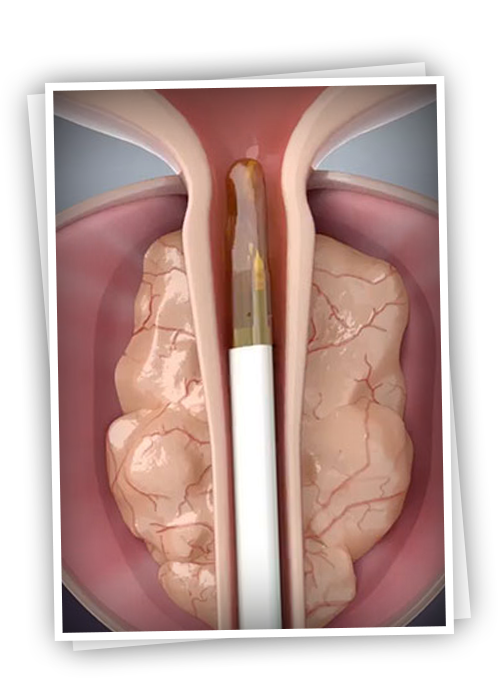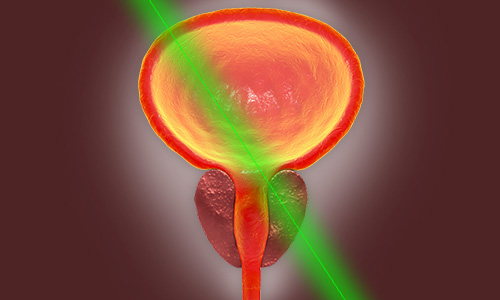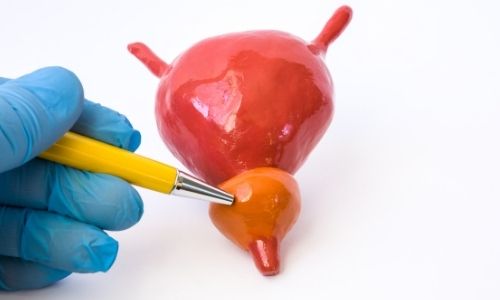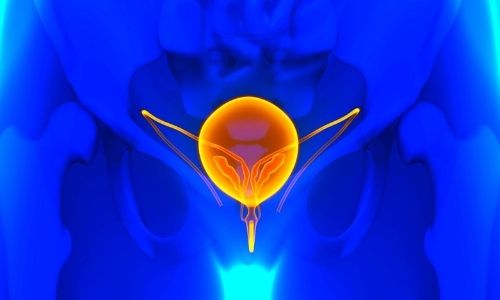It is entered through the urinary canal at the tip of the penis with a thinner specially developed camera system. Enlarged prostate tissue is examined and measurement is made. It is planned where the process will be applied. The water vapor created by the energy transferred from the radiofrequency energy source is transferred into the prostate tissue with a needle.
This needle is guided by the surgeon in an apparatus system that is used specifically for each patient. The surgeon advances this needle into the prostate tissue to the points he has determined, and within 9 seconds, energetic steam is scattered into the prostate tissue. Needles can penetrate up to 10 mm into the prostate tissue. After the procedure, necrosis (death) begins in the prostate cells.
The process is completed in about 10-15 minutes. After the procedure, a catheter is usually inserted temporarily and then the catheter is removed. After the procedure, patients can return to their homes on the same day.



















